Early treatment leads to a better outcome, We know 0-5 years of age is the prime stage of the development of our Sensory system. That’s why we designed a specialized program for toddlers where children get rapid sensory and functional changes in developmental milestones.
According to research, the preschool years are the most important for learning and development. Some children risk missing some of the most important learning and developmental milestones due to birth deficiencies, special needs, or developmental delays that occur in the early years. Early intervention keeps these children on track to make the most of the abilities and skills they develop during their early years
Our early education providers monitor five primary areas of development to devise an Early Intervention Program:
Cognitive – problem solving, critical thinking, sorting
Social-emotional – expressing emotions, interacting with others
Physical – crawling, walking, grasping, drawing
Communication – speaking, listening, and understanding
Self-help/adaptive – dressing, toileting, eating
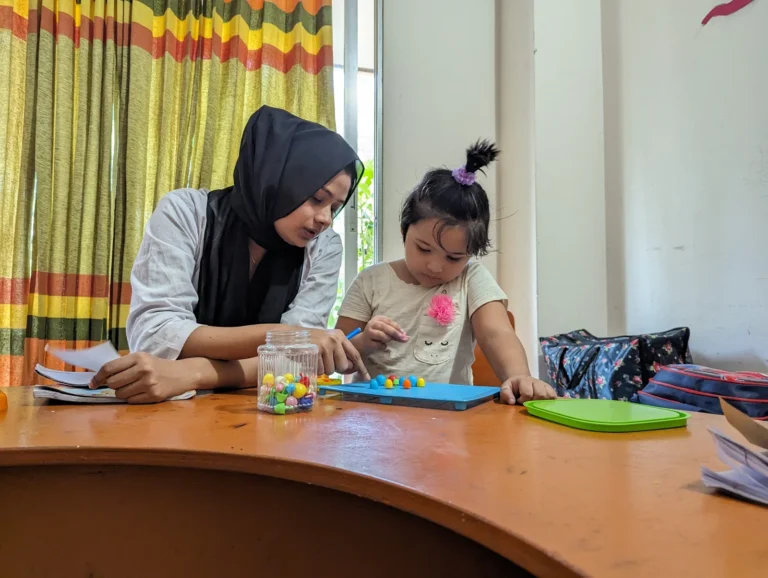
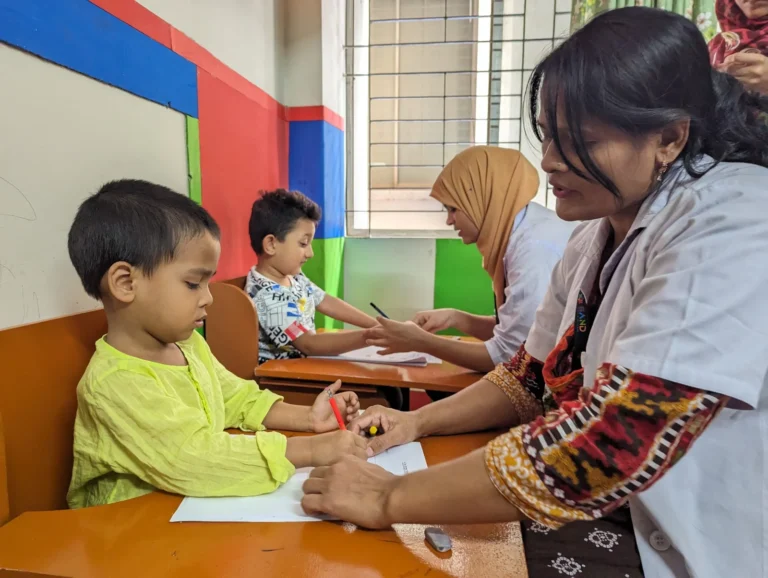
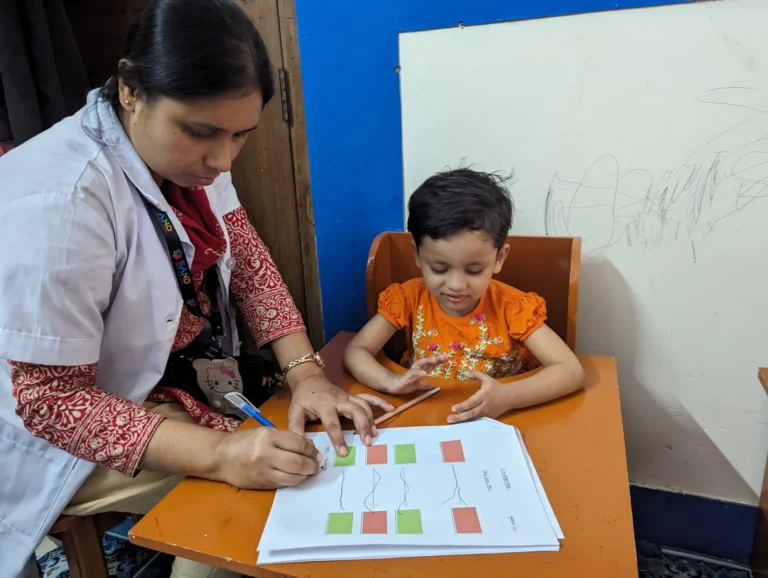
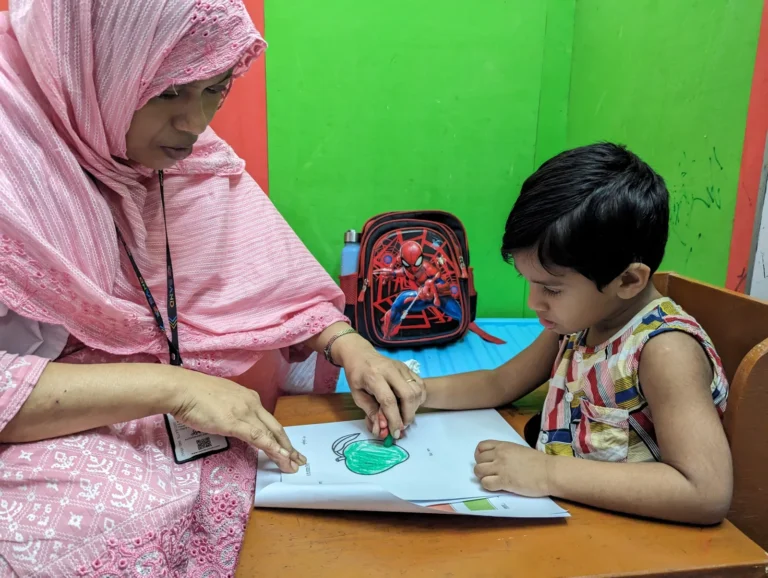
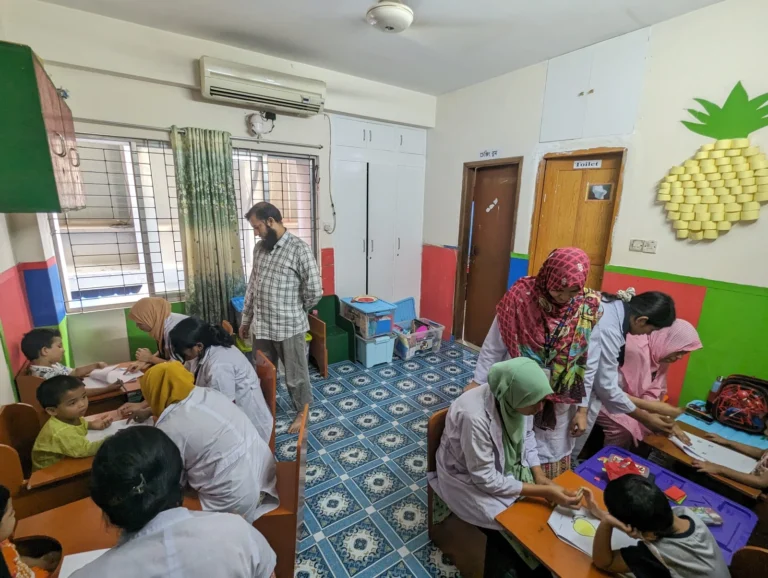
At SAND, we understand the difficulties that students with dyslexia, dysgraphia, ADD, ADHD, Autism, learning disabilities, hearing and vision loss, or any student who struggles to succeed in a typical academic environment face. We can address each student’s unique academic, physical, social, or emotional challenge and collaborate with you to help your student succeed academically.
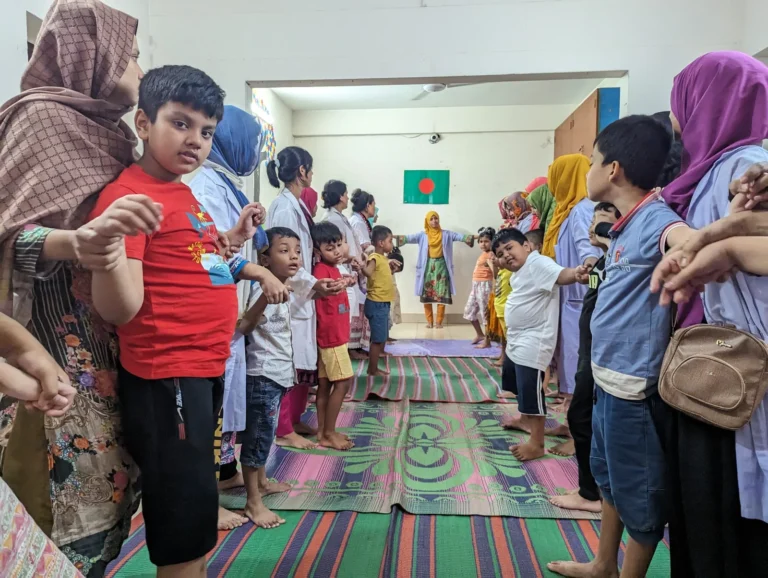
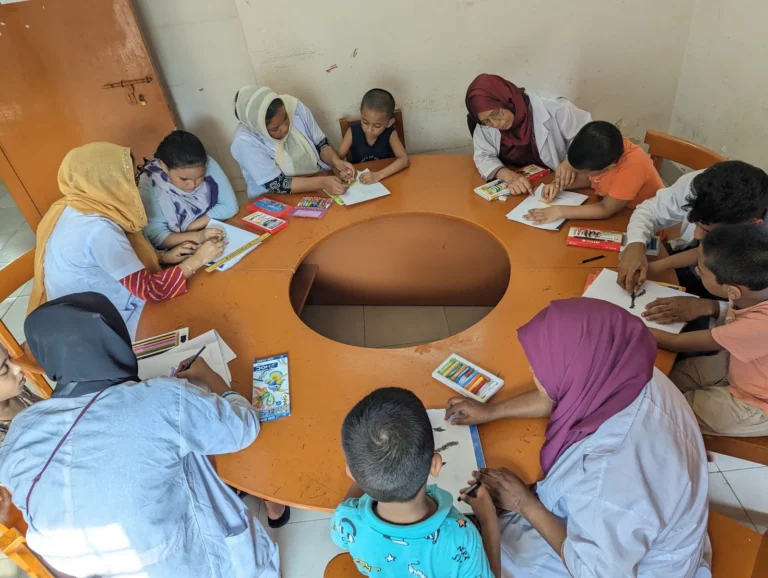
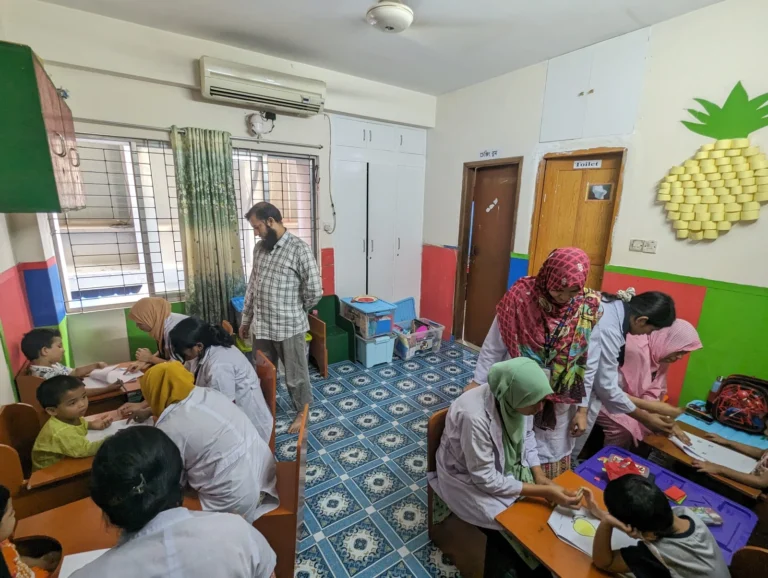
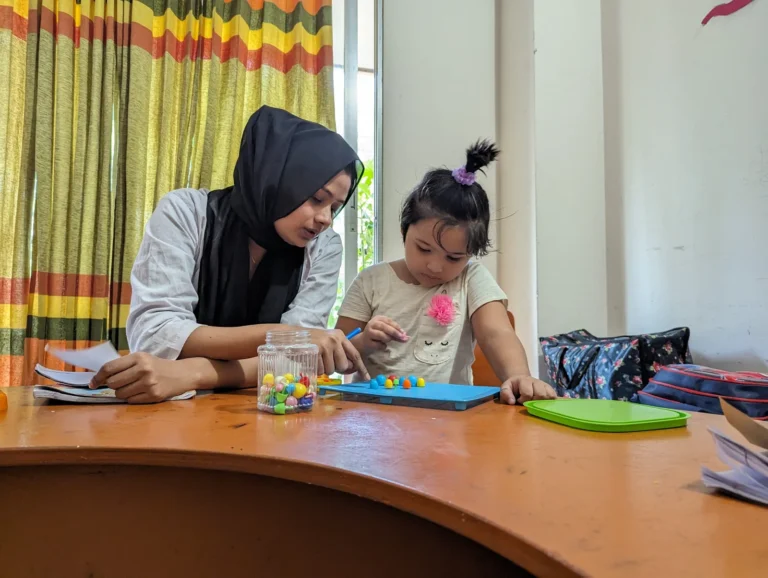
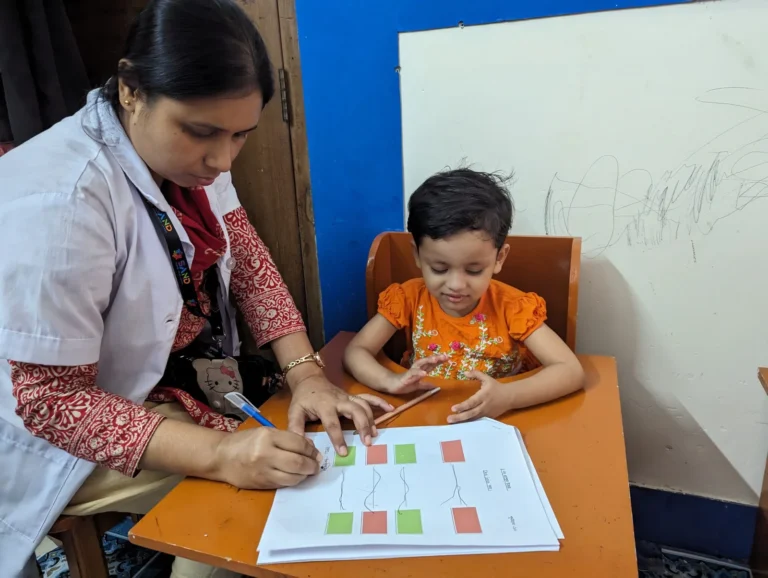
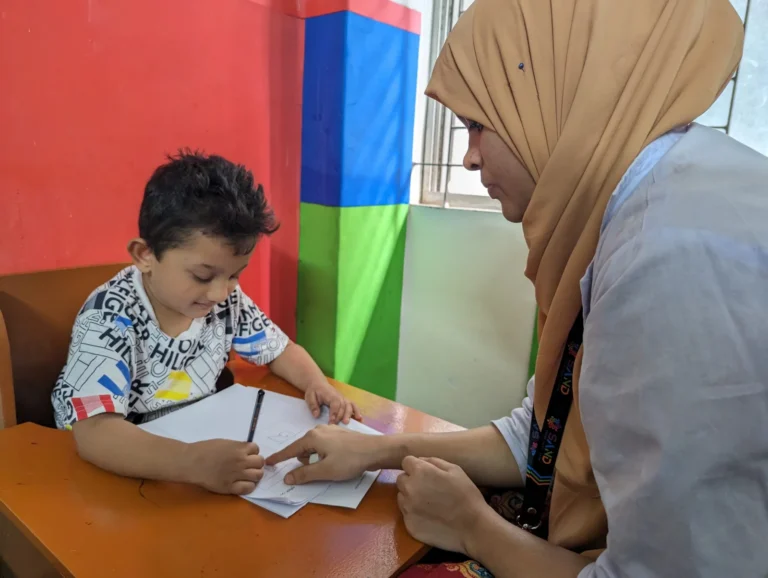
Many of our students’ parents report that their children perform significantly better in our one-on-one program than in a traditional classroom setting.
At Sand our one-on-one schooling program we,
Adapting Alternative Instructional Approaches
Recreation is defined as activities and experiences that produce feelings of enjoyment and fulfillment. They provide opportunities for all of us to express our creativity, achieve our goals, and master new skills.
Recreation can be especially beneficial for people with autism, providing opportunities to practice social skills, increase physical aptitude, and increase motivation. These activities can lay the groundwork for your child’s increased self-confidence.
Individuals with autism can learn skills specific to a sport or activity by participating in recreational and leisure activities. More importantly, participation in these programs aids in the development of more general skills that can be applied in settings such as school and work. As a result, progress can be seen not only in the specific programs, but also in other areas of life.
Our Recreational Programs: (attach original photos of them)
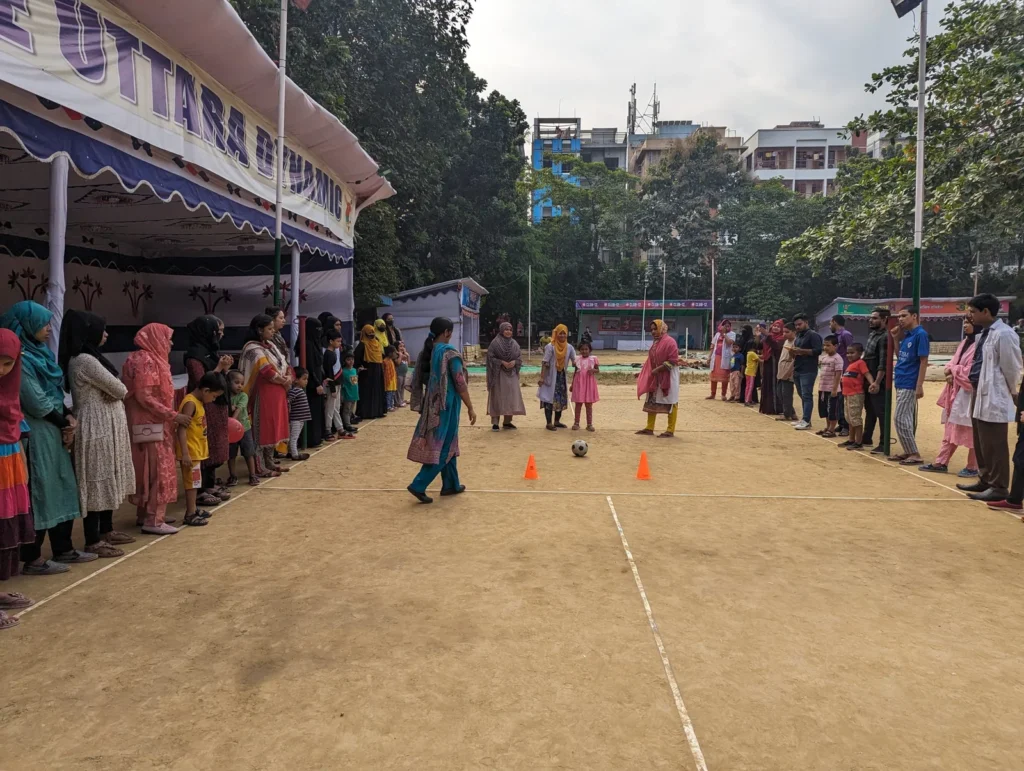
Our residential facilities offer a one-of-a-kind residential treatment program for people aged 6 to 13 who have been diagnosed with Autism Spectrum Disorder (ASD). Residential programming, in collaboration with academic staff and goals, promotes the development of life skills, social skills, and overall communication. Improving outcomes in these areas leads to reunification with families, transitioning to a less restrictive setting, and living a more independent young adult life.
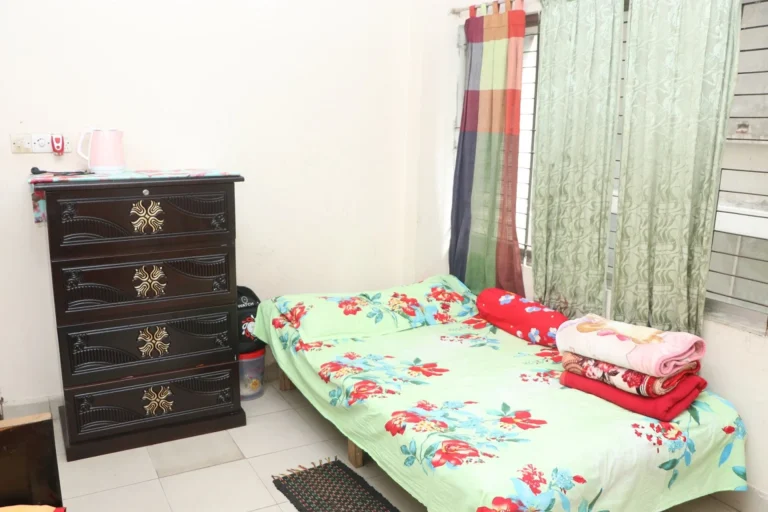
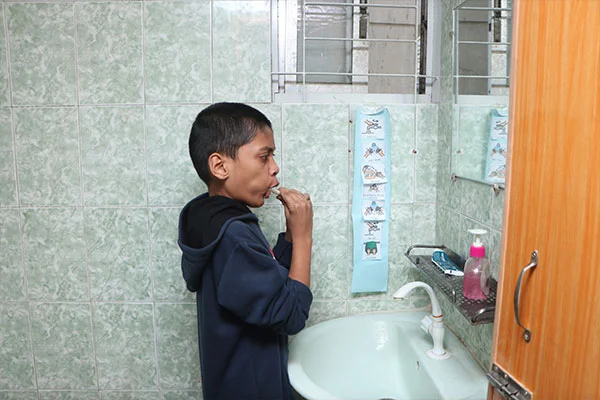
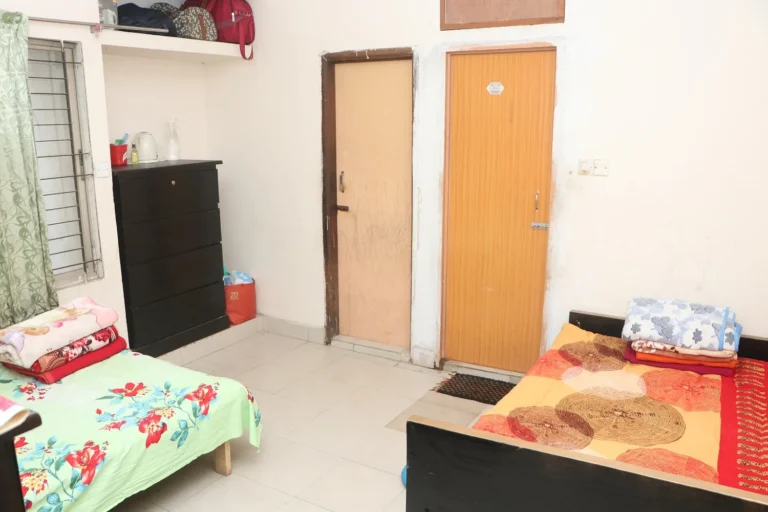
Our in-house residents live in safe, home-like environments with bedrooms that are designed and staffed to promote social, behavioral, communicative, functional, and academic growth.
Our facilities include like skills training as well as,